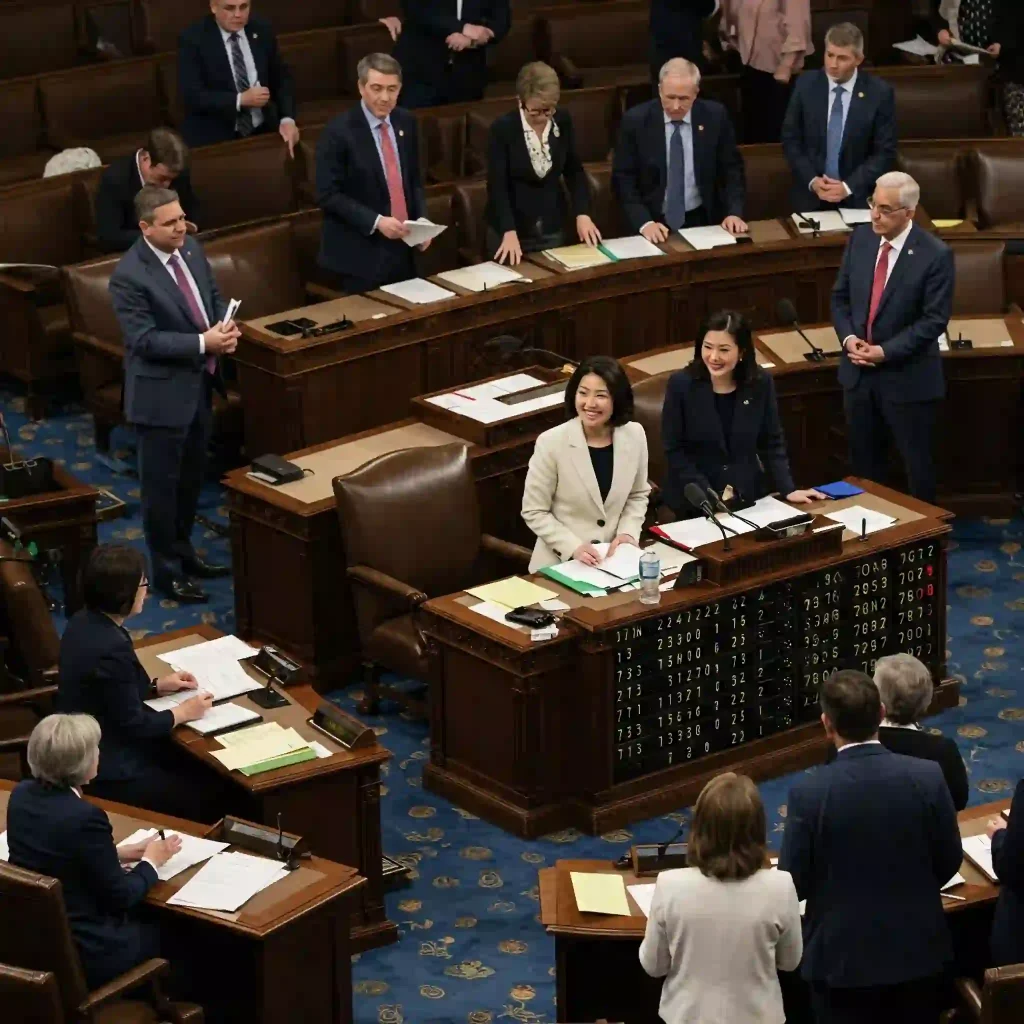
Biden’s management wants to use a secret weapon in their quest to get corporate America to pay for the sweeping and infrastructure work: about 30 million small businesses nationwide.
The White House initiative, which was previously unannounced, seeks to strengthen the political popularity of small businesses and the ongoing turmoil among them over what many consider to be a donation to large, multibillion-dollar corporations like Walmart Inc (WMT.N) and Amazon.com Inc (AMZN.O) above Street.
In doing so, the White House believes it has partners who will serve as a solution to major national trade groups – such as the US Chamber of Commerce and The Business Roundtable – who have favored infrastructure investment but strongly opposed President Joe Biden’s plan to raise corporate taxes from 21. % to% 28.
Biden wants to limit the power of U.S. tax-exempt firms by moving profits overseas. Biden’s plan faces stiff opposition from Republican lawyers who have more opportunities to dig in their heels than to be distracted by the sentiments of small businesses.
Reuters found that in recent weeks, White House officials have held more forums with small business leaders to explain Biden’s $ 2 trillion-dollar plan, which includes funding for traditional infrastructure projects and addressing domestic policy priorities such as climate change and racial equality.
‘THE PLAY OF THE PLAY FIELD’
On Tuesday, economic advisers at the White House and head of the Small Business Unit, Isabel Guzman, joined thousands of local small business leaders in a bid to define the program and industry-related questions. The issue of tax evasion was a major issue.
“The Made in America tax system will help balance the playing field between small businesses and large international corporations, ensure that large corporations cannot evade or eliminate their taxes by evicting jobs and profits in the United States, and pay lower taxes than small businesses,” Isabel Guzman, a manager for the US Small Business Administration, told business leaders Tuesday.
Many small businesses go through businesses such as limited liability organizations and S-corporations that do not pay corporate taxes. Instead, owners report business income and pay taxes on their tax returns.
Depending on the income, small businesses can pay anywhere from 10% to 37% of their income. Fortune 500, on the other hand, paid an average of 11.3% in 2018, due to tax cuts and other measures that reduced their tax debt, according to the Institute of Taxation and Economic Policy.
A White House official who participated in the effort told Reuters that “the majority” of small businesses would survive tax increases under the President’s plan.
“Our message to them is that you will never be affected by the additional taxes for large multinational corporations, but what you will gain from all the programs,” said a White House official.
Michael Canty, President of Ohio-Alloy Precision Technologies based in Ohio, says he will not be part of the many survivors of Biden’s tax system. His manufacturing company employs about 85 people and was formed as a C-corp under the corporate tax code and below the corporate tax rate.
He said the proposal was a 33% increase in his company’s taxes and warned that it would make companies more like his competition in global markets.
“We have started holding on to employment. Between tax increases and what we see as a difficult area of control, we have to be prepared,” Canty said.
Frank Knapp is the owner of a one-person corporate relations company in South Carolina and co-chair of Small Business for America’s Future, representing 85,000 small businesses across the country. The group has scrutinized its members several times over the past few years and the results show that the Republican tax cuts passed under President Donald Trump in 2017 were far from unpopular with members who considered them a great gift to big business.
A recent vote by his organization shows that 65% of members support rising taxes on large companies, Knapp said.
A recent Quinnipiac University poll shows that the majority of Americans – 44% compared to 38% – support the Biden program. Support is growing through the infrastructure program, which is funded by corporate tax increases, with 53% supporting it and 39% opposing it.
Knapp says he sees the role of his organization as undermining what he calls the myth that American businesses are opposed to raising corporate taxes. He says the opposition legislatures have started using the argument that the package will hurt small businesses and reduce employment in a large part of the country.
“Our role is to stand up and say, No, you are completely wrong. Yes, we are job creators, but we will not be distracted by this. We are well affected and this is good for small businesses,” Knapp said.





